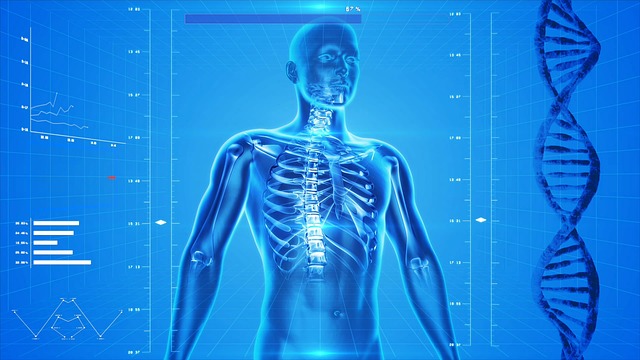
Successfully treating any medical condition starts with proper diagnosis. It’s basically because you can’t solve a problem if you don’t know its underlying cause. No matter how much medicine is given, if it isn’t the correct one, it will not do the patient any good, right?
Generally, we have to believe that doctors do everything they can to quickly figure out what’s making a person sick. But because they’re human just like everyone else, they can’t be expected to be right all the time, though it’s certainly unacceptable because a mistake on their part can mean the difference between life and death. That’s supposed to be what they studied years to get right, so no matter how much they want to justify their error, they just can’t.
This is where AI can help. For starters, a machine does not need years to learn everything it can in the specified field of study. And with its capacity to process massive amounts of data, its margin for error is almost zero, plus it can come up with diagnostics way faster than a human doctor can. It is this speed and accuracy that will make AI an integral tool that can dramatically change the world of healthcare for good.
Several research projects have already proven how effective an AI system is in identifying and predicting the possibility that a person will develop or manifest a certain medical condition.
One study — led by Dr. John Pestian of Biomedical Informatics and Psychiatry at Cincinnati Children’s Hospital Medical Center and published in the journal Suicide and Life-Threatening Behavior — was done for the purpose of categorizing whether a patient had the tendency to be suicidal; or mentally ill but not to the point of being suicidal; or neither. For the study, 379 teenage patients were asked to complete standardized behavioral rating scales and answer five open-ended questions that stimulate conversation. By analyzing the patients’ verbal and nonverbal language using machine-learning algorithms, the patients were classified accordingly with 93% accuracy.
In another study, 34 participants were evaluated based on speech and coherence to determine the likelihood that they will develop psychosis. By using machine-learning algorithms, the AI system was able to predict the outcome with 100% accuracy, which is far better than what clinical interviews can do.
Further along, there are already a few well-known companies who are dabbling in the potential benefits of incorporating AI in the field of healthcare.
Google (NASDAQ:GOOGL) has its DeepMind Health platform with its ‘Do No Harm’ mantra. Although it hasn’t gotten to the point that it has already proven AI’s effectivity in predicting and diagnosing disease, it now has more than enough data to build models and feed it with the needed algorithms.
And then there’s IBM’s Watson which a few months back was able to successfully recommend cancer treatment plans that matched treatment suggestions from oncologists in 99% of the analyzed cases. It was also able to suggest treatment options in 30% of the cases which the doctors totally missed.
There’s also Microsoft’s Hanover project which focuses on predicting the most effective drug treatment options for cancer patients. There’s Pathway Genomics, another group working on possible detection and early prediction of certain cancers through a simple blood test.
The fear that AI might one day surpass human intelligence and replace humans is real. But in the case of health care, it’s clear that the objective is not to replace doctors. Rather, it is meant to provide them with more effective tools so they can do their job in a more reliable and effective way, and save more lives in the process.
Disclaimer: This page contains affiliate links. If you choose to make a purchase after clicking a link, we may receive a commission at no additional cost to you. Thank you for your support!


Leave a Reply